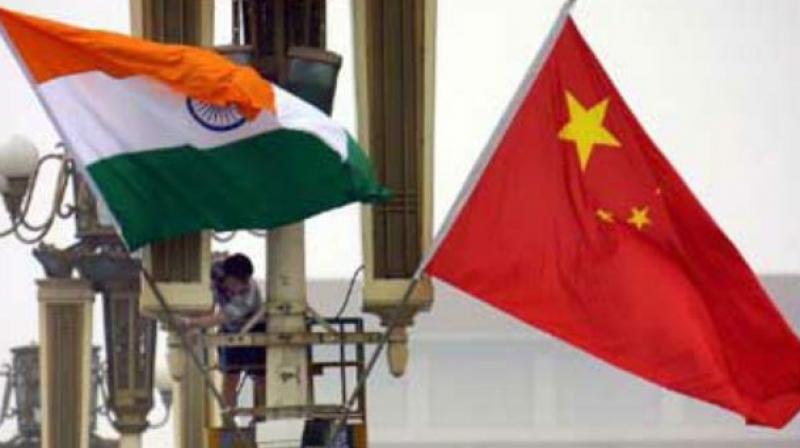India-China standoff to weigh on Asia trade meet in Hyderabad

Mumbai: Amidst escalating border tensions between India and China, 16 nations are working on the Regional Comprehensive Economic Partnership (RCEP) in Hyderabad that will seek solutions to critical trade issues.
This mega Asia pact includes big economies like China and Japan but does not involve the US, said a Bloomberg report. RCEP aims at liberalising norms for trade in goods and services and boost investment among 16-member countries.
China, which is currently facing a standoff with India over the Dokalam issue, has been pushing the member countries of the Association of Southeast Asian Nations (Asean), along with India, Australia, New Zealand, South Korea and Japan to hurry the process. Qian Keming, China's vice minister of commerce, said at a briefing in Beijing last week that China, in cooperation with Southeast Asian Nations would like to wrap up the talks by the end 2017. However, India seems to have slowed the pace ever since it refused to budge from its demand for greater market access.
India putting its foot down on this issue indicates that it will not make any hasty conclusions and will rally its efforts for greater mobility for its highly-skilled professionals. According to the Bloomberg report, other Asean counties may be viewing India’s demand as a threat to their economies.
India is expected to engage with other nations, including China to insist on concessions regarding the service sector, sources familiar with the matter said. While it is willing to offer broader tariff cuts on goods to the RCEP member countries, it expects similar concessions on services.
The service sector accounts for over 50 per cent of India’s GDP. This trade pact must therefore uphold the welfare of this sector.
"We have certain reservations in terms of how it needs to be taken forward, like seeing more progress on the services track," said Ashok Kantha, the Indian ambassador to China until 2016 and now director of the New Delhi-based Institute of Chinese Studies. He added that India’s USD 51 billion trade deficit with China is a strong concern as it seeks a more balanced opening that will cover goods and services.
"The challenge for RCEP is that China would want a quick end to the deal so that it can establish itself as a leader of world trade," said Amitendu Palit, a senior research fellow at the Institute of South Asian Studies at the National University of Singapore. "Japan, New Zealand won't be in favor of concluding early as they would want a high quality agreement. However RCEP is a low-quality agreement as it is not going beyond tariff cuts and investment," he added.
Experts familiar with this trade deal suggest that other countries will have to play a neutral, balanced role in this atmosphere of tension between India and China. While India must be firm on its demand, it should not risk “polarization” with other Asean countries, they said.

